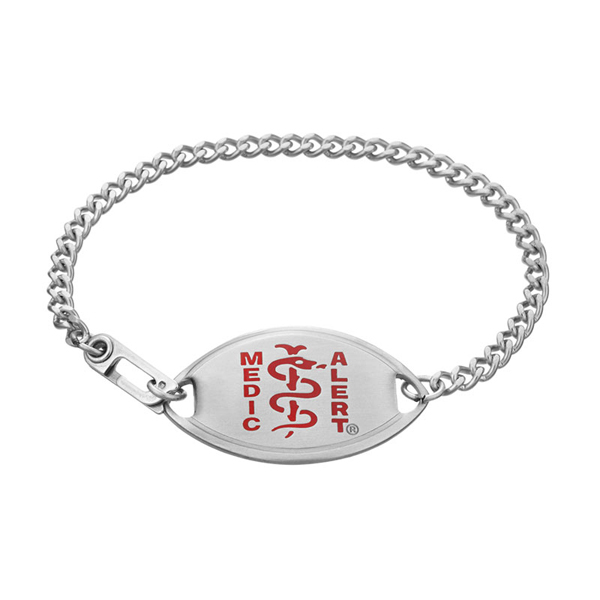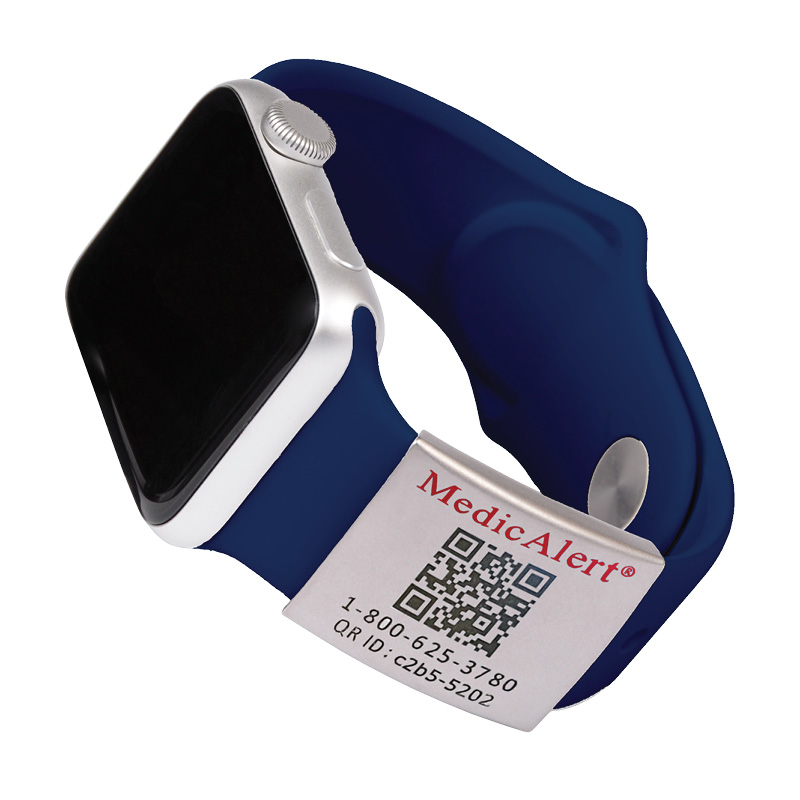Whether you are in overall good health or facing serious medical challenges, thinking about end-of-life planning can be difficult. Asking family and other loved ones to have a conversation about these end-of-life wishes can feel even more difficult. But it’s worth taking on the challenge, with benefits for you and your loved ones.
If you haven’t addressed end-of-life planning and the documents to record your wishes for medical care, you aren’t alone. One study found that only 1 in 3 adults completes these documents, known as advance directives.
Learning more about end-of-life planning and taking the steps to complete it ensures your decisions are heard if you are not able to speak for yourself. It is also a generous gift to your loved ones who would otherwise be faced with trying to guess what you would want at the end of life. It can even avoid conflict between family members who might disagree about what your choices would have been.




